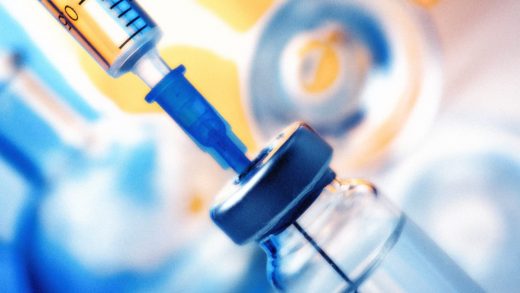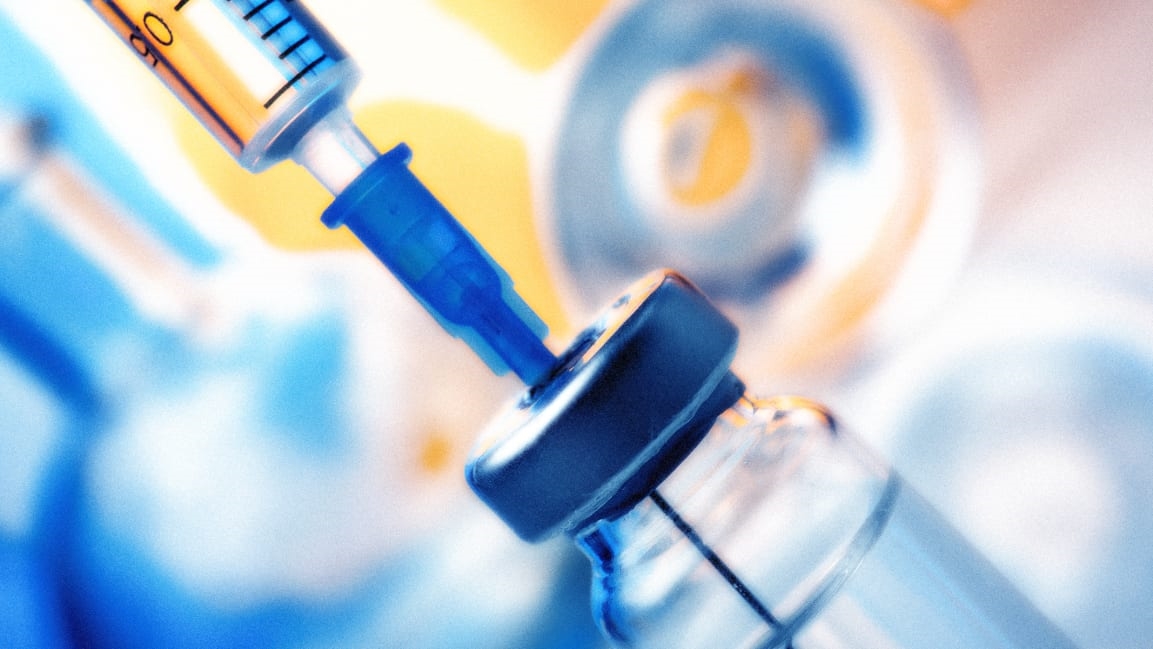The Gates Foundation is helping back a $3 COVID-19 vaccine
One of the biggest challenges for a coronavirus vaccine, assuming one or more of the 200-plus vaccines now in development succeed in their trials, will be making sure that the whole world, not just the wealthiest countries, has access. Rich countries such as the U.S. are paying billions in advance to reserve vaccine doses for their own citizens—but vaccine nationalism can’t solve the global problem. Any successful vaccines will need to be manufactured at an unprecedented scale and be cheap enough that they’re affordable everywhere.
The Bill and Melinda Gates Foundation is now backing a company that will make 100 million doses of coronavirus vaccine for poorer countries, at a cost of $3 or less per dose. The manufacturer, the Serum Institute of India, though little known in the U.S., is the world’s largest vaccine manufacturer, with a business model that runs counter to typical pharmaceutical companies: Rather than charging high prices, it makes money by manufacturing at massive volumes. GAVI, a global alliance that works to increase access to vaccines in the developing world, which is itself supported by the Gates Foundation, is also putting money into the Serum Institute.
The Indian company had already announced that it would take the risky step of beginning to manufacture a vaccine developed at Oxford University before researchers finish clinical trials, cranking out hundreds of millions of doses of the promising, but still unproven, vaccine. Manufacturing takes time, and to respond to the crisis, doses of the vaccine need to be ready to go as soon as Oxford has final trial results—something that could happen as soon as September. In an earlier deal announced with AstraZeneca, which has the rights to the Oxford vaccine, the Serum Institute said that it would produce one billion doses of vaccine for low- and middle-income countries and a separate 300 million doses that will go to GAVI. The new support will help accelerate that work.
(9)



